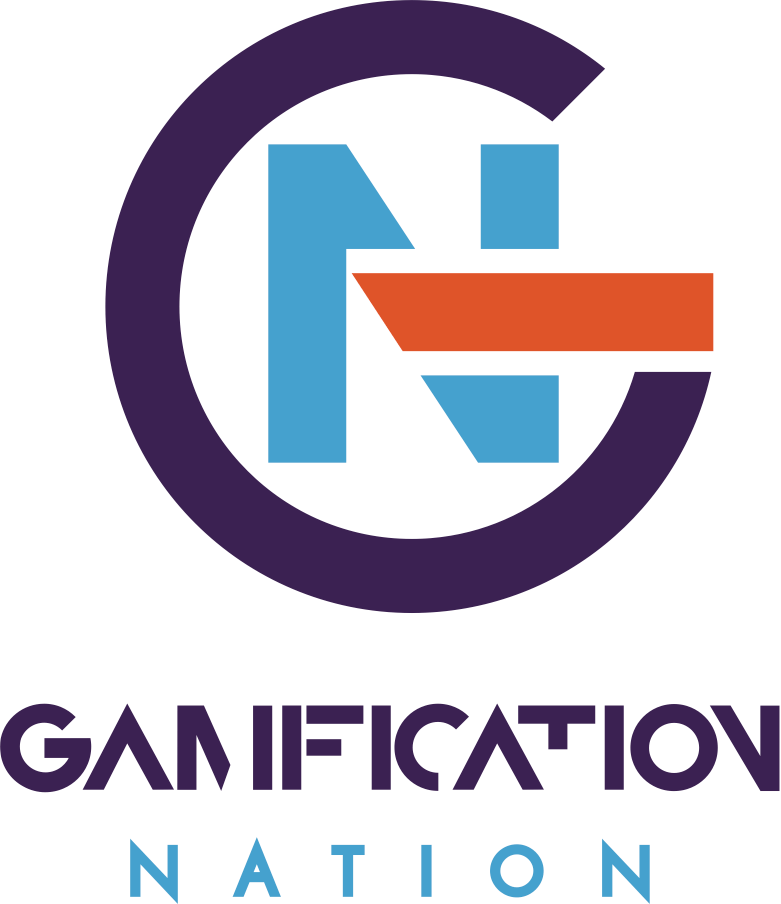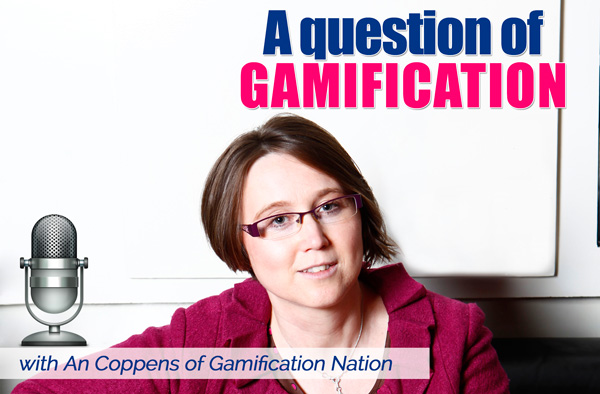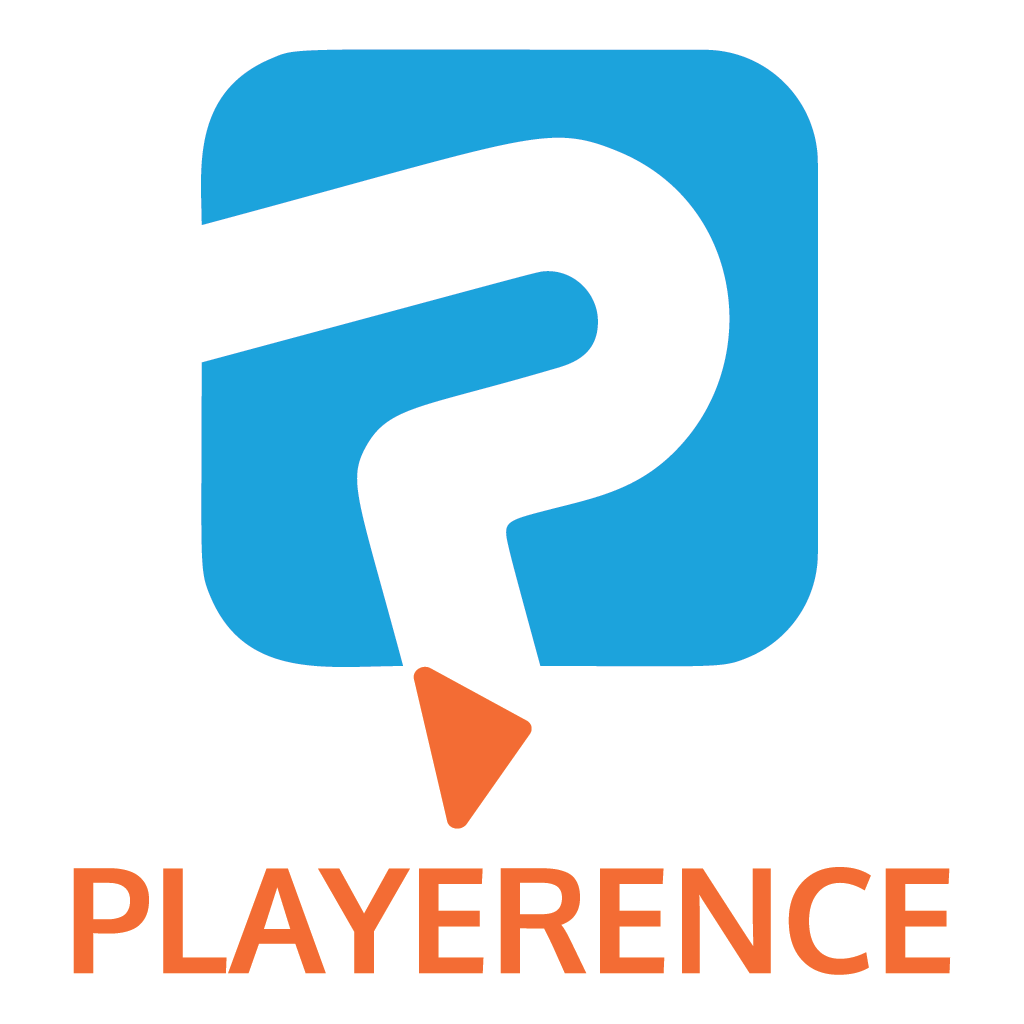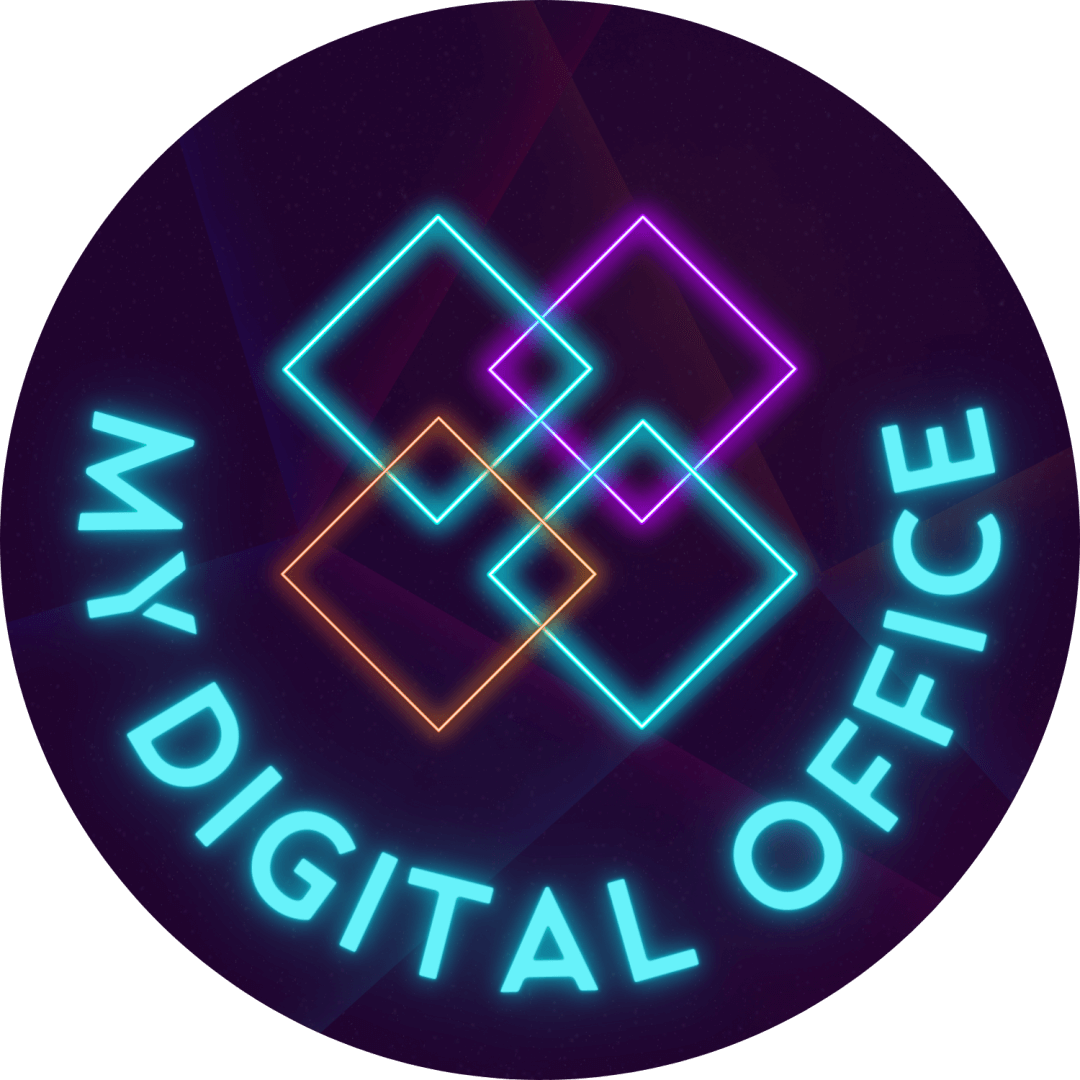Welcome to A Question of Gamification. My name is An Coppens. I’m the chief game changer at Gamification Nation, and the show host for this program. Today I’ll give you a health warning. It’s a bit of a ranty post or a ranty show, because I read up a lot and I follow a lot of technology newsletters, and funding newsletters, et cetera. A few days ago, one of the newsletters came in and the title read How to Move Beyond Gamification. There was yet another top CEO of a technology company saying how gamification completely stinks and is the world’s worst gift to the planet, and you should use game design instead.
Intrinsic motivation is essential
I found that fascinating, because obviously gamification is drafted and distilled from game design. If you’re a game designer or gamification designer who has not studied game design, then I would question what do they base their foundations on? One of the things, and one of the points he went on to make, is that gamification was extrinsically motivated confetti that you put on top of something, and basically game design was intrinsically motivated. Actually I would argue that for good gamification to happen, it needs to be intrinsically motivated all of the time. No negotiation. Whether you’re using gamification to aid with a process, or whether you’re using it to create a serious game, both with the purpose of improving something to do with work.
Ironically, the system that they have designed and the tool that they use is very much a gamified a solution. In some sense it is exactly what we would do for our clients. One thing then that came strongly from the post, is he described what I would describe as good gamification practice. Namely, understanding the motivations of your users. Understanding they can be encouraged one way or another, how they will improve based on what you’re offering them.
Answer the question: What is in it for me?
You have to always answer the biggest question, the, “What’s in it for me?” question. Because otherwise, no matter how cool your system is, people are not going to use it. The same goes for games. Where I think games and gamification often diverge is, the level of emotional intensity that they create in their experiences. In most games, the emotional draw is high, the commitment is high, and the risk of losing that is also high. If you drop out of the game in mid play, you lose out. Typically, that’s what keeps people playing until the end.
In work, you don’t always have the freedom to continue working on what you are working on until the end. Sometimes people interrupt you. These things happen. When we look at gamification design, I still believe it’s good practice to tap into the emotional experience as well. More and more, we see tools from UX around empathy mapping coming into the gamification space and into the game design space, which I believe is a good thing. Superficial gamification, where you are purely rewarding and punishing based on superficial things, like extra bonuses, badges, points, et cetera. They are good mechanics to use, but if they’re not part of a bigger package and if they don’t mean anything to the end user, they’re bloody well useless.It doesn’t take a technical rocket scientist to figure that one out.
I do feel that in the industry in general, that people often slam gamification because it suits them. It’s good click bait for their articles or titles, but really they’re also hurting an industry. Even from within the gamification industry, I see a lot of people knocking what we’re all trying to achieve. I think most of the people I know and have worked with are definitely out to deliver something of value, rather than just delivering something that makes them profit or is the next big thing or has been. Because if we look at it objectively, the gamification big buzz has definitely passed, and thank goodness for that! I feel it means that more serious players are still around.
Good game design knowledge is key for good gamification design
People that are really wanting to make a difference are still around, and they are making a difference. There are really good results based on gamified solutions. What the good ones have done is they have used good game design techniques, so that same CEO wasn’t wrong in using game design principles. Where I felt he wasn’t informed enough is that, actually gamification sprung from game design. For those people that work with gamification and have never studied game design, I urge you to read up on game design mechanics, game design techniques.
There are great books on the market from some fantastic game designers. I personally attend game design conferences. I learned game design, albeit through an online delivered course, from Train to Game. There are many ways of learning about game design these days. Again, LinkedIn learning, I often watch videos by experienced game designers on how they would do it differently. I subscribe to newsletters from game design conferences as well as the newsletter GamaSutra, which is a game design newsletter with fantastic information in it. If you want to be better and get better at your craft, I would also say join game jams, join hackathons, where you can combine the best of your skills with the best of game design, because you will learn new things. It’s just a fact of life.
For all of those tech CEOs or people in our own small industry of gamification, when you are knocking the industry for personal gain, also understand that you’re hurting a small player somewhere. I think it’s a bad idea. If somebody spoke badly about your specific family member, a friend, you wouldn’t like it. Why do it about an industry that’s trying to still find a place, and basically give everyone in it a chance to make a good slice of living, but also to add the value that they all want to add.
For those of you who are not in this space for adding value, please get out. I can’t put it any nicer way. Find yourself something else to do. There are plenty of things you can do. I see it as a positive development that it’s becoming more mainstream. It was mainly the evangelists in the industry that were talking for the last number of years and, to see more general, tech CEOs also dropping it into their conversations, because they feel like there is something to it. Even if they disagree, I think is a positive.
I think it’s gaining notoriety, but don’t be fooled. Gamification should be based on game design. Those that tell you it’s not, in my view, are missing a trick. Gamification should definitely always be intrinsically motivated and focused. All of the great people in this space will have told you that plenty of times. I’m confident that if you’re learning from the right people, you’ll see some great examples too.
Thank you for listening to my rather ranty episode this week of A Question of Gamification. If you want more information on how to do it right, by all means reach out. We’ll work with you. I hope to hear your questions. We’d always be looking forward to answering yours. Thank you very much for listening.





